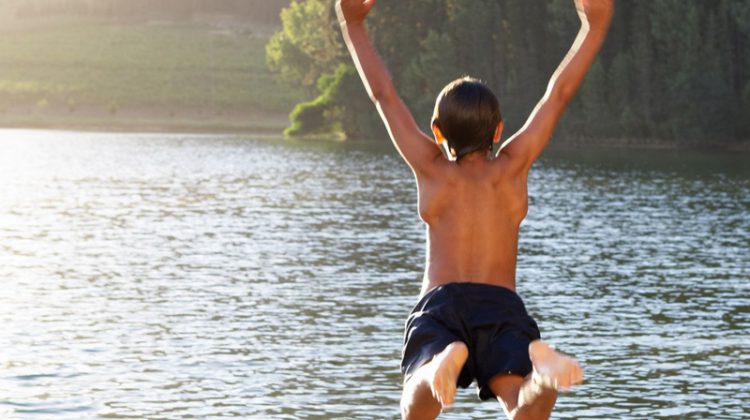By: Lora Wimsatt
It’s been a long summer, and now the store aisles have been cleared of big plastic coolers, racks of patriotic bunting and tubes of sunblock. They are filled with neat packets of pencils, all lined up bright and yellow; pocket folders splashed with images of Superman and the pretty, pouty girl from “The Hunger Games”; and a dizzying selection of backpacks in which to haul it all back to school.
Children dash frantically back and forth from the shelves to the shopping cart, snatching up boxes of crayons, index cards and protractors even as their mothers call after them that the protractor they’d bought last year should still be good, shouldn’t it?
The answer, in a word, is “no.” Whether that’s because they have no idea where last year’s protractor is – having never used it anyway – or because they do know where it is, which happens to be covered with glitter and ribbons and construction paper to look like a rainbow, which was one of those bored-summer-afternoon art projects that always seem like such a good idea at the time.
Somewhere between the argument about whether the child really needs an iPad in order to successfully navigate elementary school, and the near-tearful meltdown over whether the most expensive calculator is any more likely to provide the correct answer every time, there is an offhand remark about the increased level of difficulty in curriculum from last year’s grade to this year’s grade.
Well, of course, that makes perfect sense. As children move through their educational careers, of course their levels of understanding, skill and knowledge increase. As they grow and learn, of course they are capable of greater depth of comprehension.
That’s what learning is all about – of course: Starting with the basics of reading, writing and arithmetic, building on those foundations of literacy and numeracy, expanding into the sciences and social studies, the arts and all the other subject areas.
So that, by the time a child progresses from preschool or kindergarten through completion of elementary, middle and high schools, he or she has learned, well, everything he or she needs to know in order to move on to college and career.
That’s how it works.
We can all be thankful for schools and teachers who are dedicated to education, who are dedicated to students – kids – and their futures.
But we never want to forget the classroom of summer vacation, and the lessons it teaches – lessons that also last a lifetime.
Riding your bicycle just a little bit further each day than the day before, until you find yourself standing, knees trembling, at the top of Deadman’s Hill, where the kid next door swears in a breathless whisper that another kid who used to live on your block hit the gravel at the bottom and became the hill’s grim namesake … but you take off anyway, feet and peddles a crazy blur, and you flash through the scattered gravel and brake, safe and triumphant, on the other side.
Spending a whole day at the city swimming pool, fishing a damp dollar bill out of your sneakers so you can eat nacho chips and cheese out of a plastic tray for lunch, going home in the late afternoon with wrinkled fingers and pink shoulders. Rooting excitedly through the tall weeds growing up around the foundation of the house until you find the nest where your cat has hidden her kittens, cooing and stroking the soft fur on their tiny heads with a gentle finger, and coming back the next morning to stand in somber silence as one of the kittens lays still and cold even as the anxious mother nudges it and mews in grief.
Finding a thick chunk of chalk, perfect for marking four-square and hopscotch patterns on the street, where balls bounce and kids giggle and hop, ever alert for the warning cry of “Car!”
Watermelon seed spit wars. Shrieks of laughter as you leap through the spray of the water hose. Board games in the shade of the back porch. Peering in wonder at the glow of a firefly cupped in your sweaty hands. Chasing the ice cream truck, feet slapping on the hot pavement, then walking home slowly sucking on the frozen goodness of a rocket-pop. Snaking your hand through the diamond on the neighbor’s chainlink fence to pick a flower from his garden to give to your mother. Fastening together all the belts you can find in dad’s closet to make a harness so you can hook up your dog to pull the wagon.
Realizing – even if it’s many years later – that some of the most important lessons you ever learned were learned during summer vacation.

